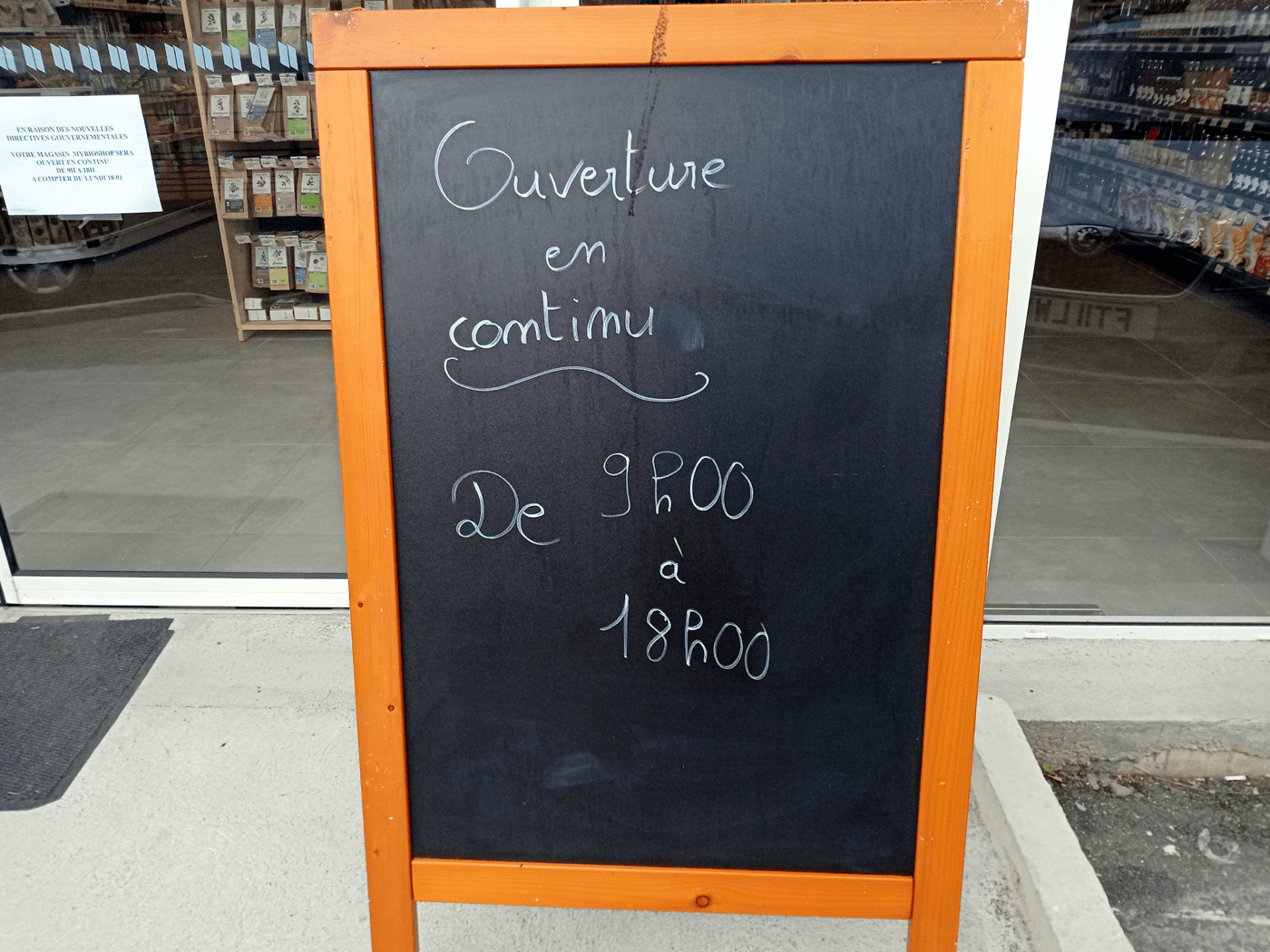Yesterday, I posted a piece about reduced work hours and their effect on productivity and human performance. Also yesterday, I received from a very good friend his daily post on his blog, "In Deep Schiste" about the cultural tradition in France of the extended lunch break. Chris is a journalist formerly from the United Kingdom who now lives in southern France. These lunches are typically held from 12:30pm to 2:00pm. Other countries do similar things. I have seen it in effect in France, Spain, Italy, Czech Republic and in other countries. It is called "siesta" in the south. Typically a large lunch and a short nap were/are the tradition. The government in France even went so far as barring workers from eating at their desks to encourage this tradition of eating out. There are statistics which seem to prove that this lengthened lunch leads to higher productivity. The pandemic has put all of this in disarray. But per Chris's post, tradition seems to be returning in France. I have copied with permission his blog post from yesterday that speaks to this subject. I'd love to hear from others who have similar issues and stories; whether it is reduced hours in a work-week or an extended lunch break, I am sure there are many other similar issues.
Bob 7/29/2021
 |
Reappearance of all-important break for lunch signals return to normality
Healthy way of life returns as retailers again respect tradition
THE curfew closures were regarded as a serious challenge to France’s culinary culture.
Now, normality has started to return: Bricomarché is again closed from 12h30 until 14h00.
The hardware and garden supplies store is one of three outlets on the retail park at Villemagne l’Argentière, between Hérépian and Bédarieux that are part of the Mousquetaires group of more than 3,000 independent entrepreneurs and 150,000 employees that operate nearly 4,000 stores under seven brands.
Before le confinement was imposed at the end of October 2020, Bricomarché was unlike the two nearby Mousquetaires group supermarkets – Netto and Intermarché – in that it observed the tradition of independent retailing in France; closing for lunch, but remaining open each evening until 19h00.
When le confinement and the curfew that followed required everyone to be at home by 18h00, many of the “essential” retailers allowed to do “in-person” business decided to remain open between 12h00 and 14h00 in the hope that the trading hours would compensate for custom lost at the end of the day.
Getting used to shops closing at lunchtime was a challenge. Bricomarché would shut their doors at least 15 minutes before they “closed” to make sure that the premises were clear of customers by then, if not as quickly as possible after that.
The manana effect could last after lunch too. I quickly learned not to arrive when the businesses said they would reopen but allow another 10 or 15 minutes for the staff to get back, turn on the computers and unlock the doors.
The tradition of having proper lunches is such that France has a law that prohibits eating at work, a mark of a nation and lawmakers who are not driven by unsubstantiated quasi-economic attitudes to work (and worker oppression).
While myopic white Anglo-Saxon protestant (Wasp) managements may decry such practices as manifestations of idleness, France’s industrial and economic strength suggest that decent lunch breaks may enhance rather than diminish productivity.
Getting away for a couple of hours during the working day banishes the commercial and personal unhealthiness of “presentee-ism” and probably reduces work-related stress – simply because lunch is regarded as so important, keeping the work-life balance in a less fraught and less dangerous equilibrium.
Individual wellbeing is improved too, because people eat more healthily. Local bistros and restaurants benefit, many as independent enterprises rather than the multinational conglomerates and corporate chains that dominate the centres of towns and cities across the United States, UK and many other countries.
People go home to sit down at tables, to eat “proper” meals rather than snack on sandwiches or other processed fast food, disproportionately laden with fats and carbohydrates.
Of course, France isn’t perfect; nowhere is. The increased presence of fast-food retailers in town and city centres as well as the availability of far more processed “ready meals” in the supermarkets have been accompanied by a noticeable increase in obesity, especially among France’s less affluent.
Some salaires – workers – manage to exercise too, heading to the nearest pool to spend half-an-hour swimming lengths, before heading back to their offices or other places of work.
While supermarkets stay open at lunchtime, more general closing at lunchtime has a broader knock-on effect – slowing the pace of life and, with it, stress-related illness. The reasoning is simple and incontrovertible: if you cannot go somewhere before 14h00 or 14h15, you have no option but to slow down too.
With so many people and so much of the world trying to avoid closing anything, fearing the economic impact, especially in the face of the continuing coronavirus pandemic, the determination of Bricomarché, its proprietors and staff, (as well as everyone else in traditional, independent retailling in France) to return to quasi-normality by closing for lunch must be admired and respected.
What else is there to say, except bon appetit?
© Chris Aspinall, 2021.


Comments
Post a Comment